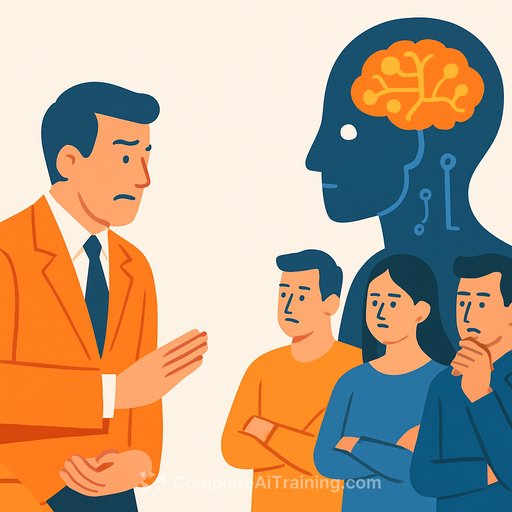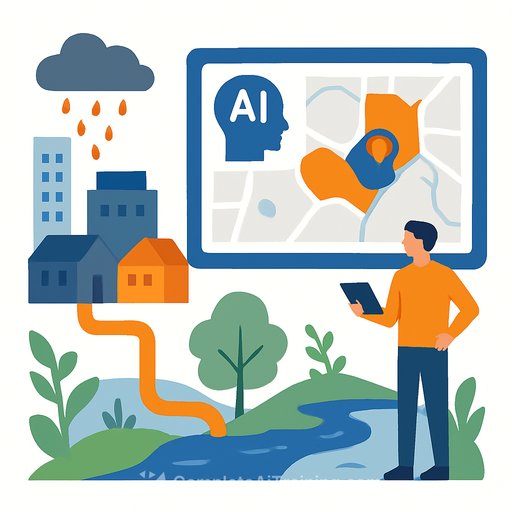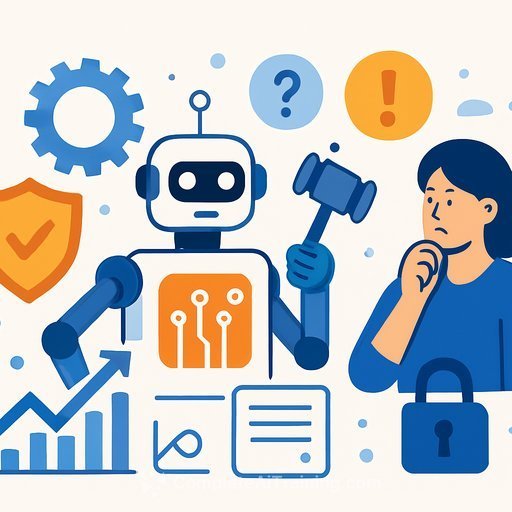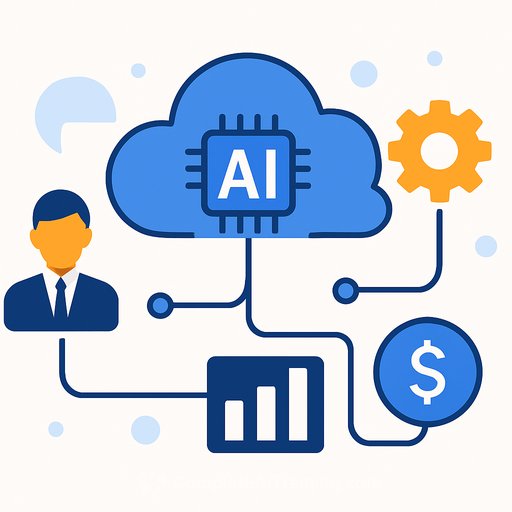Change Management in the Age of AI
Change management is a multibillion-dollar industry built on the idea that most people resist change and that this resistance needs managing. Yet after decades and billions spent on consulting, change management projects still fail about 70% of the time. The truth is, change today doesn’t happen in neat, predictable phases. It’s cyclical, unpredictable, and demands constant adaptation—especially with the rise of artificial intelligence.
The Old Model Never Worked—And It Doesn’t Work Now
Traditional change management follows a set pattern. CEOs announce transformations, consultants run surveys and workshops, and communication plans aim to soothe resistance. Success is measured by adoption rates and training sessions completed. This model values rationality but often misses inspiration and flexibility.
AI challenges this episodic model. The technology moves too fast for rigid plans. AI implementations require ongoing training and customization, making “one-size-fits-most” approaches obsolete. More importantly, AI-driven change triggers anxiety about careers and humanity, complicating change beyond a standard reorganization.
A Tale of Two Companies
Recent examples show two very different approaches to AI-driven change.
- Klarna tried automating customer service with generative AI, claiming their AI replaced 700 full-time agents. Their rollout was top-down with executive messaging and dashboards focused on cost and productivity. The result? Internal unease, external criticism, and a quiet rehiring of human agents within a year. Efficiency on paper couldn’t make up for the lack of trust.
- In contrast, a multinational pharmaceutical company took a different path. They used AI to gather real-time insights from employee sentiment and feedback. AI chatbots gave employees personalized support on demand, while leaders adapted strategies instantly based on behavioral data. This created an agile, inclusive transformation shaped continuously by how employees actually worked.
How Organizations Can Stay Ahead
Best practices now change fast. But successful transformations share clear habits:
- Adopt a non-linear approach. AI use cases often emerge through experimentation. Create flexible processes that encourage two-way feedback and ongoing problem solving.
- Create pilots. Test new tools and workflows in focused groups with deadlines and feedback loops. Scale what works by empowering champions who advocate for the technology and its benefits.
- Understand and engage teams precisely. Identify early adopters who explore AI independently and laggards who need structured support. Tailor communications and training to fit these groups.
- Empower leaders. Measure success by who is actively creating new processes or using AI effectively—not just who attended training. Leaders should model AI use and encourage staff with the right nudges. Companies at this level see significantly higher revenue growth and returns, according to Boston Consulting Group.
The future of change management consulting may look very different—focused more on enabling leaders to guide, fostering experimentation, and building a culture that embraces growth.
Adaptability Counts Most
Business often celebrates risk-taking and rapid growth stories, but adaptability will define success in the AI era. Continuous improvement delivers this adaptability. Clinging to traditional change management consulting isn’t just expensive—it handicaps your ability to compete in a dynamic environment. Consultants who don't evolve risk going down with their old models.
For managers looking to strengthen their AI and change management skills, exploring focused training can help. Visit Complete AI Training for courses designed to equip leaders with practical AI knowledge and strategies.
Your membership also unlocks:





